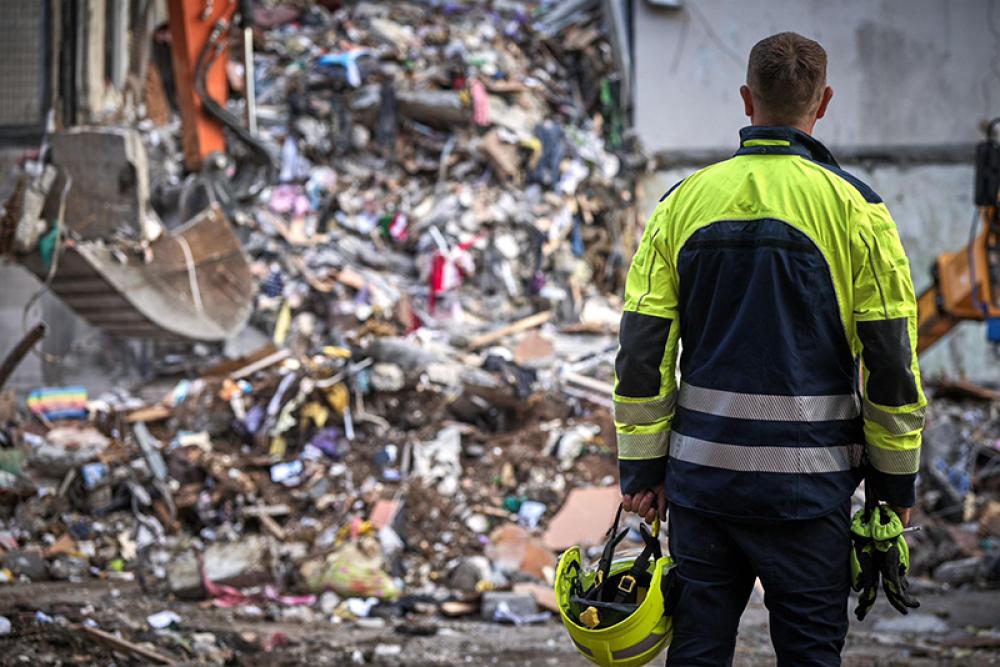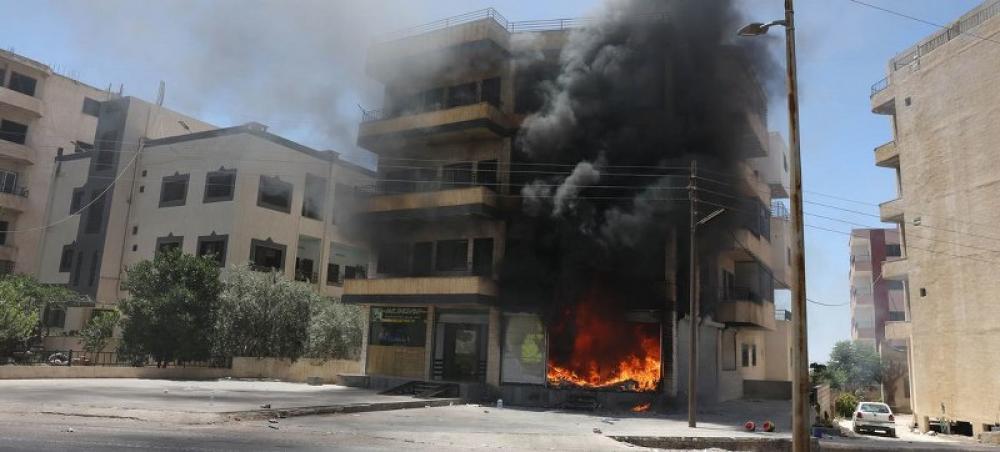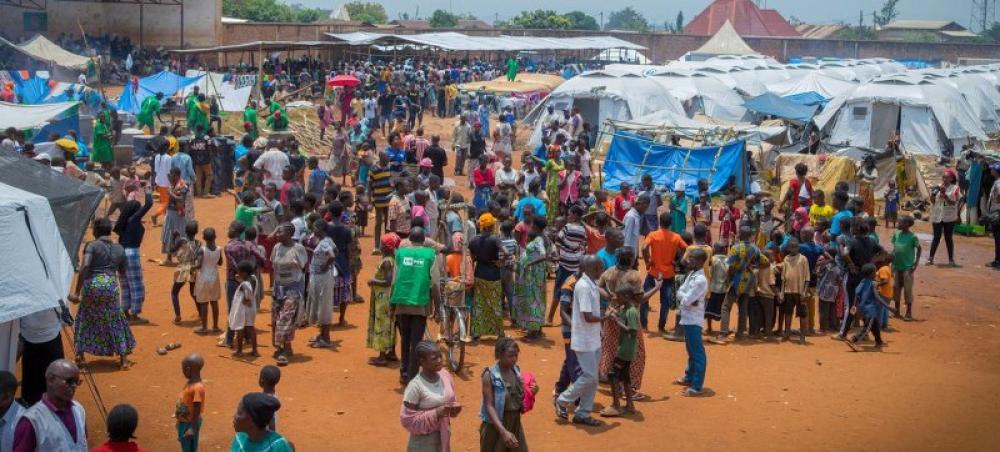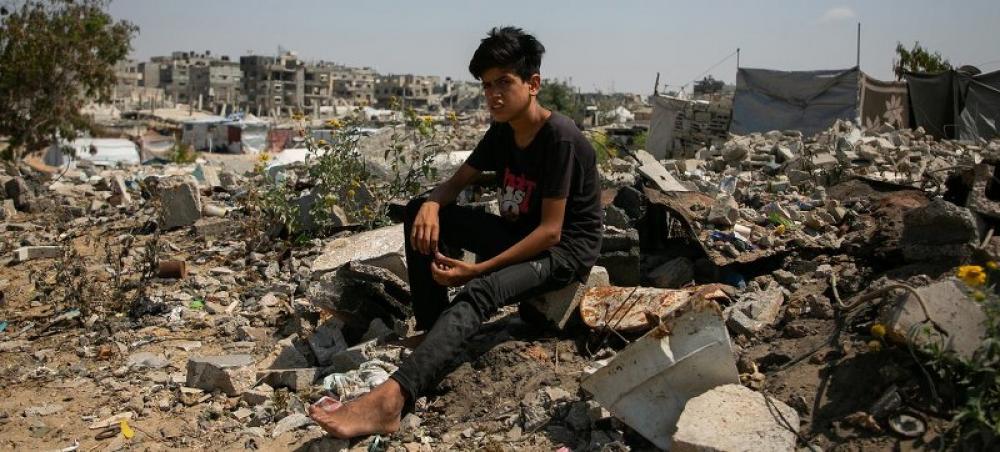Just Earth News | @justearthnews | 08 Jun 2025, 12:43 pm Print
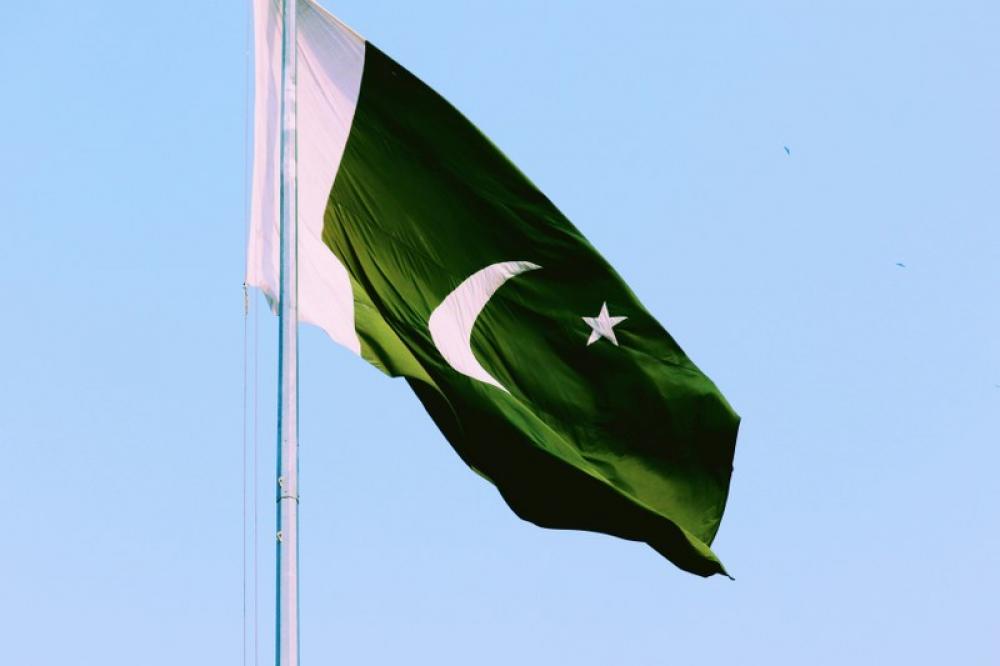 Balochistan
Balochistan Political activists and human rights organisations have condemned the recently passed Balochistan Counter-Terrorism (Amendment) Act 2025, fearing that the law grants sweeping powers to security forces and institutionalises state repression in the troubled region.
The Balochistan Assembly approved the new legislation on June 4.
The new legislation permits the preventive detention of individuals for up to three months without formal charges or judicial oversight, based on suspicion.
It empowers security forces not only to issue detention orders but also to lead investigations via Joint Investigation Teams (JITs), The Balochistn Post reported.
Meanwhile, the Human Rights Commission of Pakistan (HRCP) has expressed grave concern over the bill.
"HRCP is deeply concerned by the Balochistan Assembly's adoption of the Anti-Terrorism (Balochistan Amendment) Act 2025. While national security is a legitimate concern, the bill grants sweeping powers of preventive detention for up to three months without formal charges—an unacceptable measure that undermines the fundamental rights to liberty, due process and protection from arbitrary arrest," HRCP posted on X.
"We urge the provincial government to reconsider this legislation and ensure it aligns with Pakistan’s constitutional obligations under Article 10 and international human rights commitments under the ICCPR, to which Pakistan is a state party," the X post said.
The Baloch Yakjehti Committee (BYC) condemned the law as an attempt to institutionalise state violence against the Baloch people, reported The Balochistan Post.
- Yunus appreciates Bangladesh's trade deal with US, refers Trump administration imposing 25 percent tariff on India
- Trump unveils revised tariff rates: India stands at 25 percent, Pakistan's rates slashed
- Russian attack on Ukrainian prison kills 16, says UN Human Rights Monitoring Mission
- Starmer says UK to recognise Palestinian state unless Israel meets conditions
- Thailand, Cambodia are looking for an immediate ceasefire: Trump


